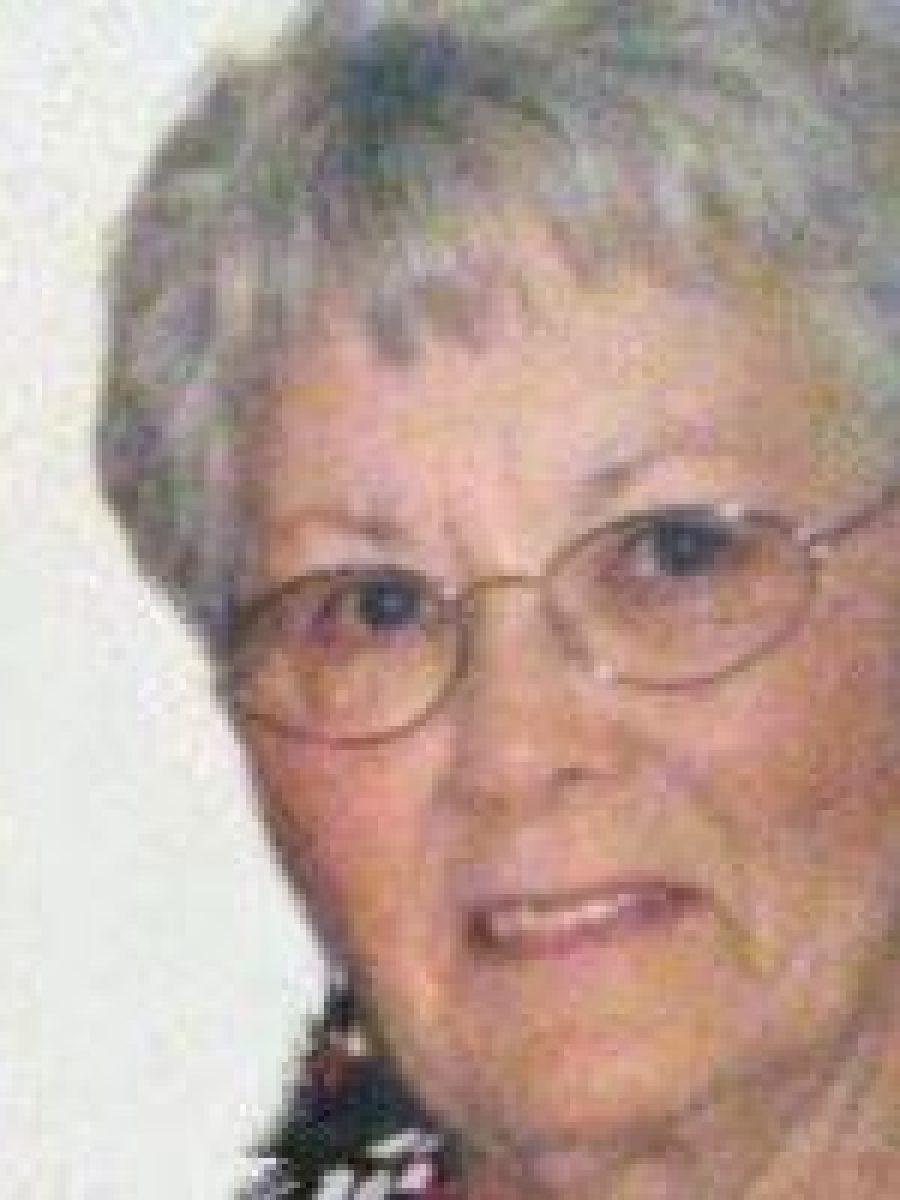LAKE ANDES, S.D. – The Charles Mix County sheriff’s deputy who arrested Robert “Berta” Enoch before his death by overdose in a Lake Andes jail will not be reprimanded for his actions. That was the decision of the South Dakota Law Enforcement Officers Standards Commission on Thursday in Pierre during a hearing for 31-year-old Jon Werkmeister.
Enoch, a 35-year-old Native American man, was found unresponsive in his cell on April 3. Werkmeister lacked the training to identify signs of a drug overdose, and the Charles Mix County Jail lacked a drug overdose policy, which left him unprepared to respond when Enoch began to show signs of medical distress, commissioners found. The commission also found that Werkmeister had not acted with racist intent or treated Enoch differently than other inmates because of previous encounters or bad blood.
It was disclosed during the hearing that Werkmeister has two adopted Native American children, and he’d never met Enoch – who was staying in Charles Mix County but did not live there – before taking him to the jail.
Enoch was on parole and had lost touch with his parole officer at the time he was taken into custody. He’d stayed in Sioux Falls for a time, but he’d lost contact with friends and family for weeks. His family learned that he’d been staying in Lake Andes about a week before his death.
One friend named Tracii Barse, a former inmate who found sobriety in prison and now helps other former inmates on the outside, said that Enoch had committed to turning himself in just days before his arrest. He’d secured a place in a drug treatment program with the help of Barse and Enoch’s parole officer.
“I said, ‘Bro, all you’ve got to do is sit in jail for 24 hours,’” Barse recalled telling Enoch about 48 hours before his arrest.
Attorney General Marty Jackley, an ex-officio member of the commission, told South Dakota Searchlight that Charles Mix County Sheriff Randy Thaler’s moves to institute a drug overdose policy and to train his deputies and correctional officers show that the agency has made good faith efforts to address the issues raised by Enoch’s death.
“I would say from just a general totality of the circumstances, training was discussed in terms of how it could be better with respect to that jail, and the sheriff is doing just that – additional policies and procedures and additional training,” Jackley said.
Werkmeister picked Enoch up on April 3 for disorderly conduct. At the jail, Enoch began to show signs of a seizure, with his head bobbing and his feet turning purple. A correctional officer and Werkmeister checked on Enoch, but Werkmeister told the commission he didn’t recognize the signs of a seizure.
Another correctional officer later administered CPR when Enoch was found unresponsive. He was pronounced dead at a Wagner hospital. His death certificate lists methamphetamine toxicity as his cause of death.
During the hearing, Werkmeister said that he didn’t “have a clue” what to make of Enoch’s behavior when the correctional officer asked him to take a look in the cell.
Jackley said the commission took that into account. “To me, when he said ‘I don’t have a clue,’ he was saying ‘I didn’t know what to do,’” Jackley said.
The commission also heard concerns that Enoch may have been combative or could have become combative if taken to a hospital. “There was testimony that if somebody’s combative, the hospital doesn’t want that, because law enforcement is really better equipped to deal with someone who’s combative than the hospital is,” Jackley said.
Since Enoch’s death, Sheriff Thaler – who, like Werkmeister, said he didn’t recognize purple fingers or toes as signs of an overdose – brought in medical staff to train officers on the signs and symptoms of overdoses.
News that Werkmeister was cleared of unbecoming conduct for an officer did not come as a surprise to Barse.
“To be honest, I was expecting something like this,” Barse said Thursday by phone.
Barse and a cousin to Enoch were recently granted authority over Enoch’s estate. They’ve been working to get back Enoch’s vehicle, which had been left on the road and was later seized by law enforcement, to give it to Enoch’s son.
Barse said they’d all but given up on closure in the death, at least until he learned of Thursday’s hearing. The family held a second funeral ceremony on June 23, because the ground where the grave is located had yet to thaw at the time of an April ceremony.
Now, Barse said, he expects to push for accountability. Barse told South Dakota Searchlight that two inmates jailed in Charles Mix County on April 3 had reached out to tell him that they’d heard Enoch begging for help, but that was months ago.
“We put him in the ground. We were all kind of like, ‘OK, well, nothing’s gonna happen, so now we’re just gonna pray with each other and keep going forward, keep each other sober and heal together,” Barse said. “We had given up, honestly, but now I’m not going to. This is a big sign for me.”












